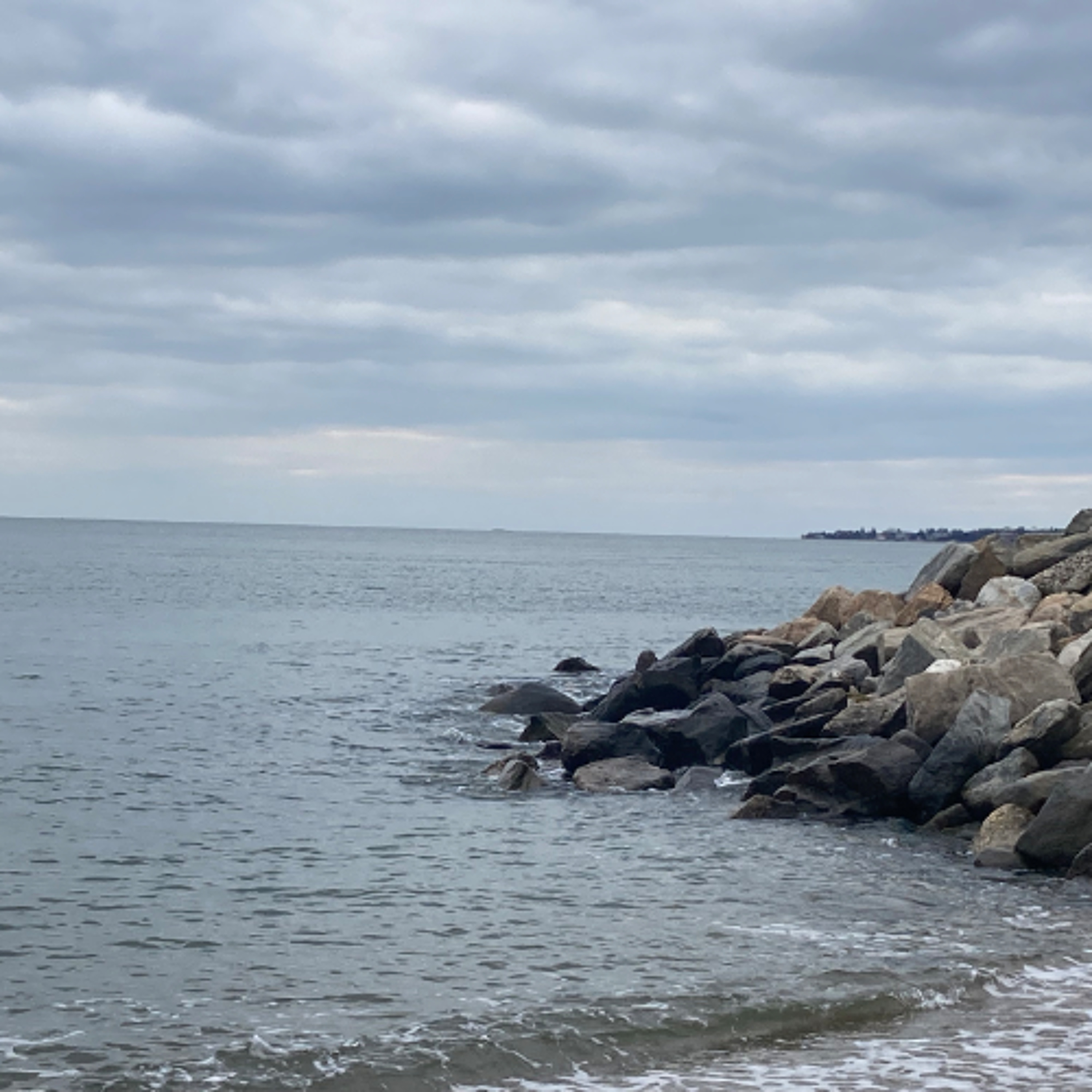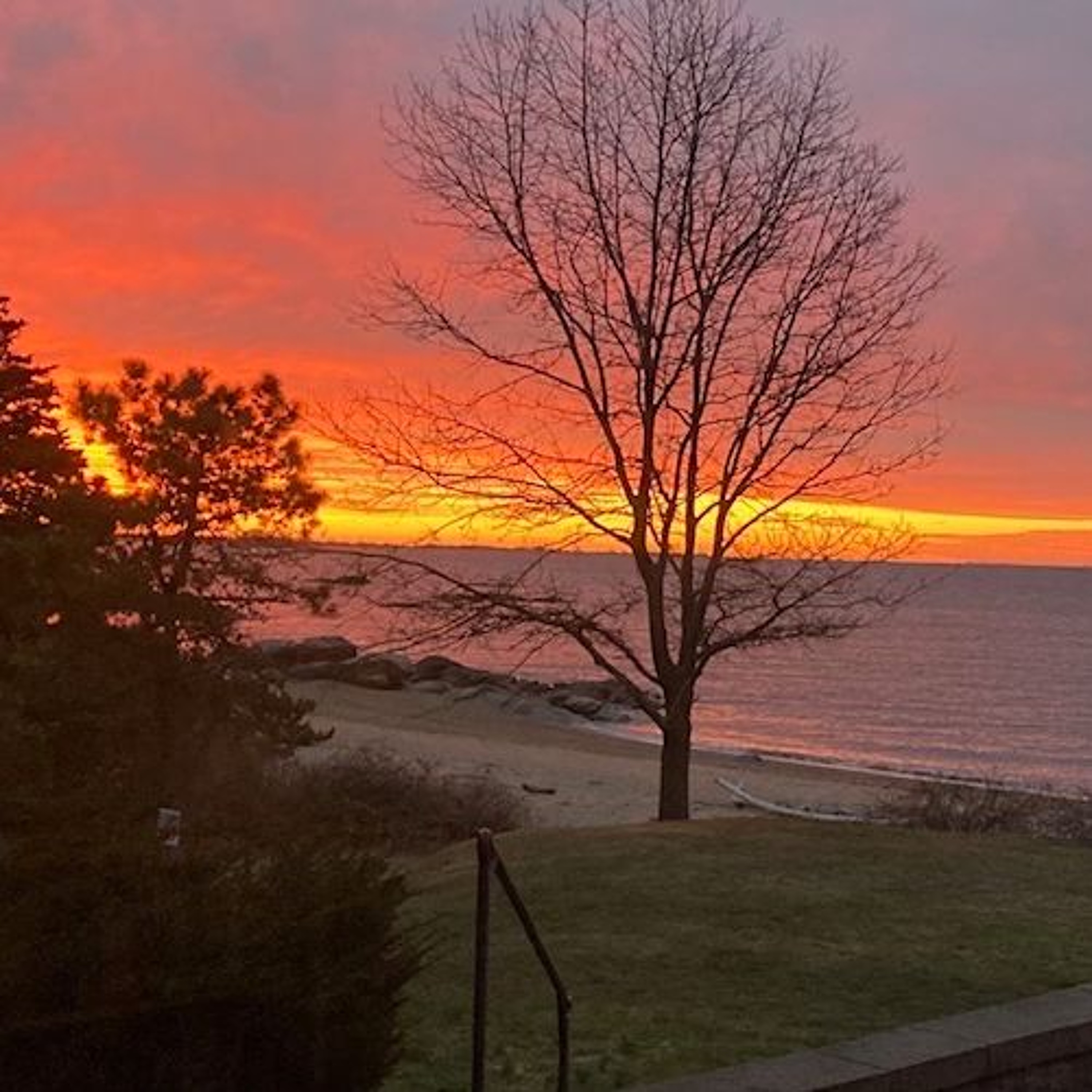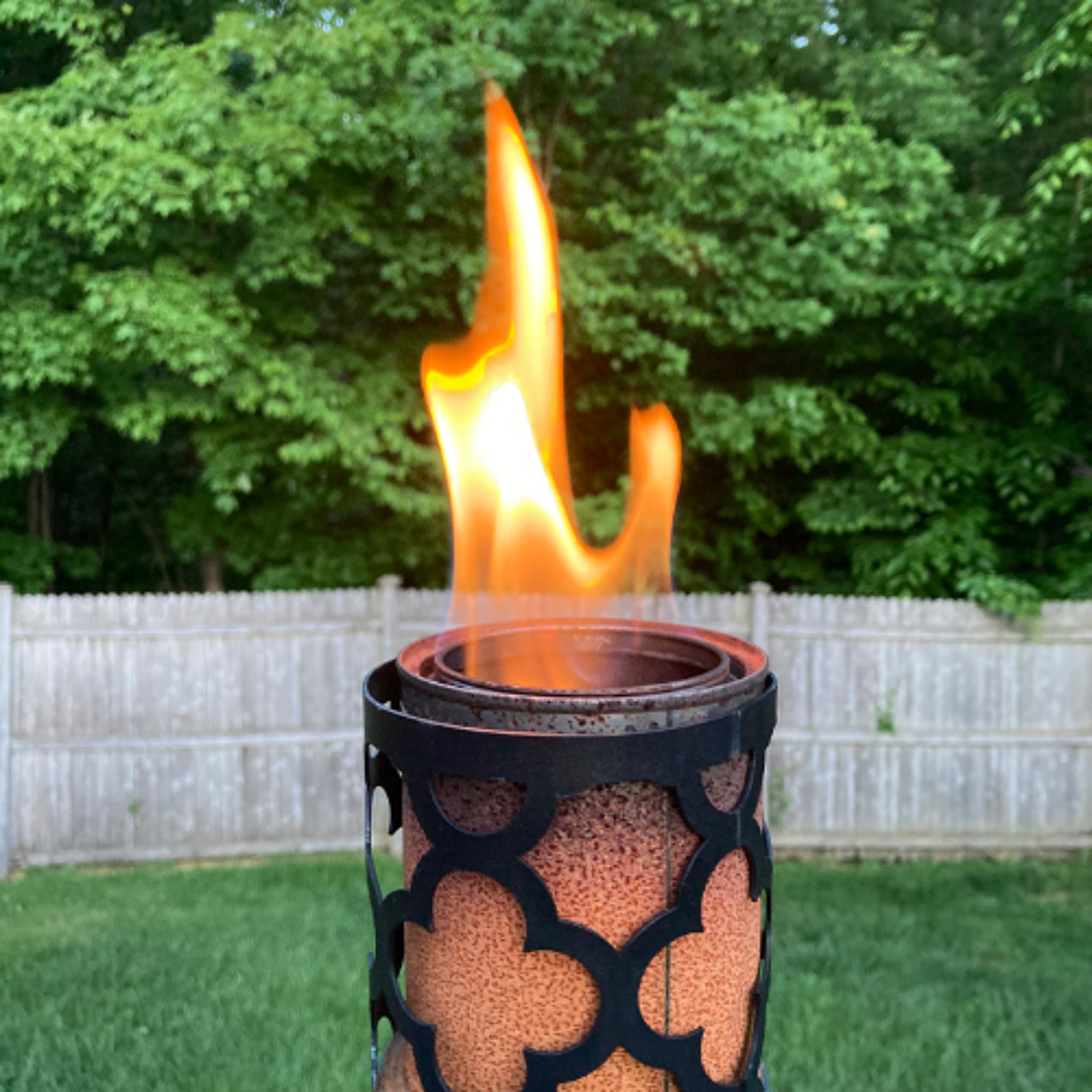A Juneteenth Reflection For Today
A Juneteenth Reflection For Today by Rev. Jay Stu…
A Juneteenth Reflection For Today by Rev. Jay Stuart Glover
May God prosper you according to His divine will and purpose.
Rev. Jay Stuart Glover
Today we remember and some of us celebrate the Juneteenth announcement, which was preceded by the Emancipation Proclamation. There was a bit of a delay getting the news of freedom into Texas. Eventually the good news of liberation was delivered.
But today I celebrate with reservation, simply because we are still living in the tension between the here and now and the not yet. I’d like to borrow from a biblical story to make a point.
The Exodus story from the Old Testament offers a profound account of deliverance and divine justice, and it reminds me of the African American journey from slavery to freedom.
Scripture Text: Exodus 3:7-8, 10-12
7 The Lord said, “I have indeed seen the misery of my people in Egypt. I have heard them crying out because of their slave drivers, and I am concerned about their suffering. 8 So I have come down to rescue them.from the hand of the Egyptians and to bring them up out of that land into a good and spacious land, a land flowing with milk and honey—
10 So now, go. I am sending you to Pharaoh to bring my people the Israelites out of Egypt.”
11 But Moses said to God, “Who am I that I should go to Pharaoh and bring the Israelites out of Egypt?”
12 And God said, “I will be with you.
What I love about this passage is where God speaks to Moses: “The Lord said, ‘I have indeed seen the misery of my people in Egypt. I have heard them crying out because of their slave drivers, and I am concerned about their suffering. So I have come down to rescue them.’”
God sees their suffering and enters into the struggle of the people. I can imagine Moses getting excited about the idea of justice and freedom for his people, Maybe he thought God would go to the pharaoh, straighten him out our free the slaves. Unexpectedly, God throws Moses a curveball and says, “So now, go. I am sending you to Pharaoh to bring my people the Israelites out of Egypt.”
I can also imagine Moses being utterly shocked, confused, and terrified at this point in the narrative. He was probably thinking, "Whoa, whoa, whoa, God, you need to slow down a little bit." Moses resisted this idea in every way he could: “Who am I that I should go to Pharaoh and bring the Israelites out of Egypt? What if they don’t believe me? I have never been an eloquent speaker, and even after speaking with you, I am still slow in my speech. Oh Lord, please send someone else to do this.”
Over the course of the exchange, God told Moses get his brother who could speak well, to help him and God promised to be with him. Later on in the narrative Moses would assemble a larger team to assist in the decision making process and leading and accompanying the people as they journeyed towards freedom.
Moses initially thought that God would intervene without his participation and deliver his people out of slavery. What can we learn from this?
Rev. Dr. Martin Luther King Jr., in his book *Strength to Love*, said:
“We must never feel that God will, through some breathtaking miracle or wave of the hand, cast evil out of the world. As long as we believe this, we will pray unanswerable prayers and ask God to do things that He will never do. The belief that God will do everything for man is as untenable as the belief that man can do everything for himself. To expect God to do everything while we do nothing is not only a lack of faith, it is clearly superstition.”
God did not free the people from their bondage in slavery by waving His miracle-working hand. Instead, He enlisted people to take part in the work to accomplish His will. For people to be liberated from slavery, it would take people joined together with God to facilitate this journey towards freedom. So yes Moses spoke truth to power. It was a rough negotiation, but eventually, Pharaoh released the people from their slavery. But something strange happened. When Pharoah saw them actually leaving, he saw his free labor force walking out the door. He changed his mind, and those who were leaving Egypt in this exodus event found themselves being chased by an army sent by those who wanted to re-enslave them to keep them as a free source of labor.
You may be asking, "Well, how is this similar to the African American experience in America and Juneteenth?" Well, prior to the signing of the Emancipation Proclamation, there were many leading Black voices that spoke truth to power just like Moses did. Just like the Hebrew people were released from slavery and chased, to be re-enslaved, African Americans were declared free on paper, but something has chased after us ever since, desiring to re-enslave us to a position of servitude. That something is racism, bigotry, prejudice, institutionalized racism, policies of exclusion, and violence. We are still being chased by the “marriage of racist policies and racist ideas that produces and normalizes racial inequities,” as Ibram Kendi clearly articulates.
Today I celebrate with reservation, simply because we are still living in the tension between the here and now, and the not yet. Although documents have been signed and public announcements proclaimed, there remains a deadly gap between the suggestion of freedom and actualized liberation, as evidenced by our everyday lived experience. From micro aggressions to outright violence.
But there is good news. Just as Moses assembled a team in leadership roles to accompany the people along their journey towards freedom. God has put together a community of faith that collectively journeys towards freedom. And in-spite of our human frailties in Gods hands we are the right people to lead our young people along their journey towards freedom. Collectively we can intentionally contribute to the nurturing of their academic skills, social sensitivities, intellectual, and spiritual freedom all as part of their journey towards realized freedom and Justice. I have great confidence that it will be our youth that will become active participants in the dismantling of policies, practices, ideologies and even theologies that try to keep us all enslaved socially, economically, politically, and spiritually. Celebrate our journey towards freedom remembering we are called to be active participants with God ushering in justice and equality for all people. Let your celebration be sealed by your commitment to our Youth And remember to always keep them in prayer as they navigate along life’s journey.










